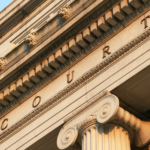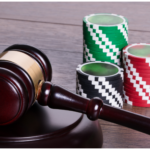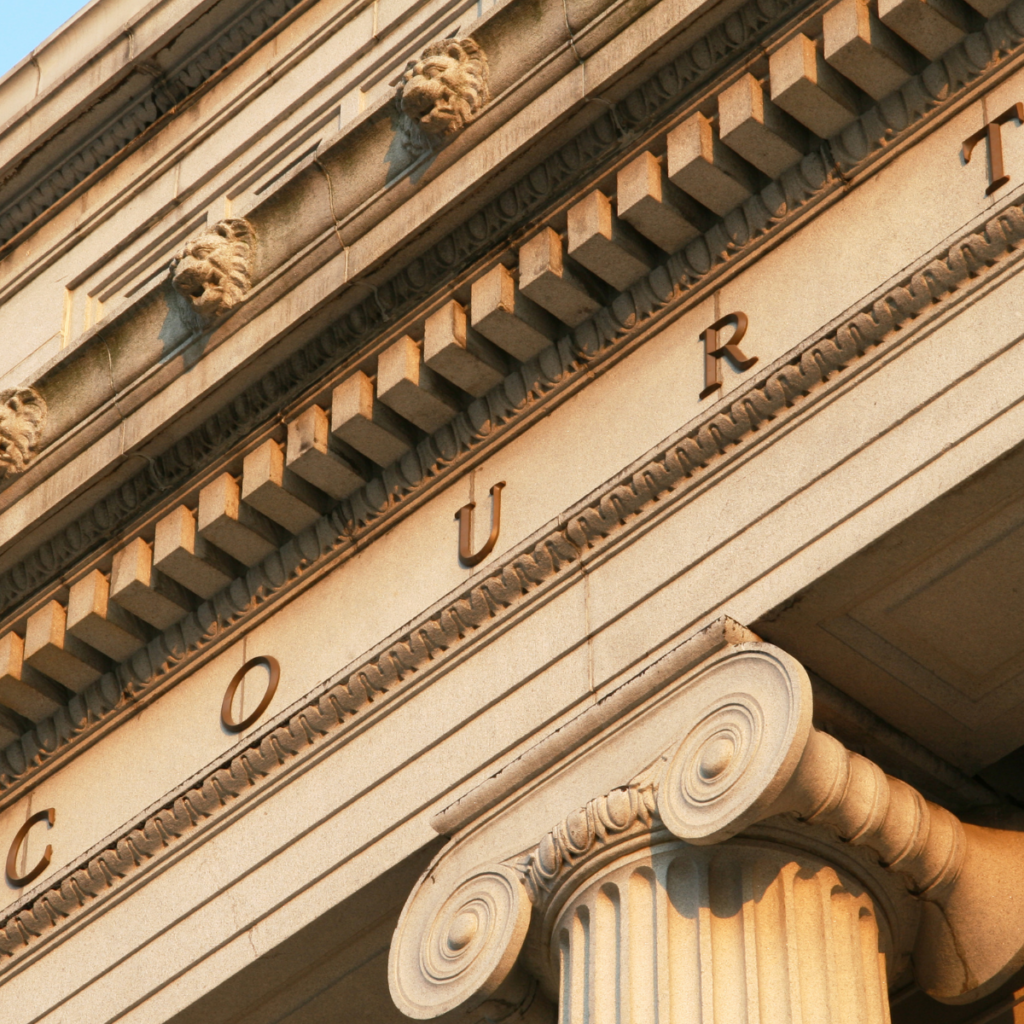Gopstein v. Bellison Law, LLC., 227 A.D.3d. 465 (2024)
Can a client sue his former attorney for a claim of legal malpractice based on his attorney’s recommendation to settle a prior legal malpractice case against a different attorney? The Appellate Division of the Supreme Court of New York, First Department faced this question in May 2024 in Gopstein v. Bellison Law, LLC., 227 A.D.3d. 465 (2024).
Bellison won the underlying personal injury case.
The two attorneys involved in this matter are Robert J. Bellison, of Bellison Law, and Steven J. Pepperman. Pepperman originally represented Gopstein in a personal injury matter which was resolved by summary judgment, not in Gopstein’s future.
Gopstein was very unhappy with the summary judgment result. Gopstein was so upset that he decided to replace Pepperman with Bellison as his representation in the personal injury matter.
Bellison went on to resolve the personal injury action in favor of Gopstein. As a part of this judgment, Bellison also resolved two additional claims: 1) Pepperman’s claim against Gopstein for unpaid legal fees and, 2) Gopstein’s claim against Pepperman for legal malpractice.
The legal malpractice case against Bellison.
Gopstein, unhappy again, brought a new legal malpractice suit, this time against Bellison. Gopstein claimed that Bellison’s advice that Gopstein agree to dismiss his original legal malpractice case against Pepperman effectively denied him the full benefit of this claim.
Unfortunately for Gopstein, the Supreme Court upheld the lower court’s decision to dismiss Gopstein’s claims ending this series of legal malpractice allegations.
Why the claim against Bellison failed.
NY courts begin a legal malpractice analysis by determining whether the requirement is met that the plaintiff’s complaint shows that, “but for counsel’s alleged malpractice, the plaintiff would not have sustained some actual ascertainable damages” as illustrated in Pellegrino v. File, 291 A.D.2d 60, 63, [1st Dept. 2002]
The Supreme Court explains that Gopstein’s claims were ‘purely conclusory’. There was no sufficient facts to support the claim that without Pepperman’s malpractice, Gopstein would not have suffered some actual ascertainable damages. Remember that Bellison went on to win the same personal injury claim for Gopstein and Gopstein received a money award for this judgment. So even if the court assumes that Pepperman’s actions which led to the unfavorable summary judgment ruling did constitute legal malpractice, what was the ‘actual ascertainable damage’ that Gopstein suffered? Nothing, and here is where his claim fails.
The NY Supreme Court does not reject the idea that in a different context an attorney’s advice to dismiss a legal malpractice claim against a different attorney could constitute the basis for a new legal malpractice claim. Gopstein’s claims failed because his original claim of legal malpractice against Pepperman would have failed, so he was understandably not able to piggyback Bellison into this non-existing liability.
We will have to determine how the Court handles this issue in the near future when a litigant brings a situation in which an attorney recommended dismissal of what would have been a successful legal malpractice claim originally. For now, the issue of legal malpractice based on legal malpractice is still undecided in NY state.
Legal Disclaimer: The information on this blog is for general informational purposes only and does not constitute legal advice. It is based on current legal standards but does not create an attorney-client relationship. For advice specific to your situation, consult a qualified attorney.
The views expressed are those of the individual authors and do not reflect those of any affiliated organizations or a single Katz Law Firm lawyer or agent. The accuracy and applicability of the information may vary. The blog owner and authors assume no liability for actions taken based on this content. Always seek professional legal counsel before making any legal decisions.



















